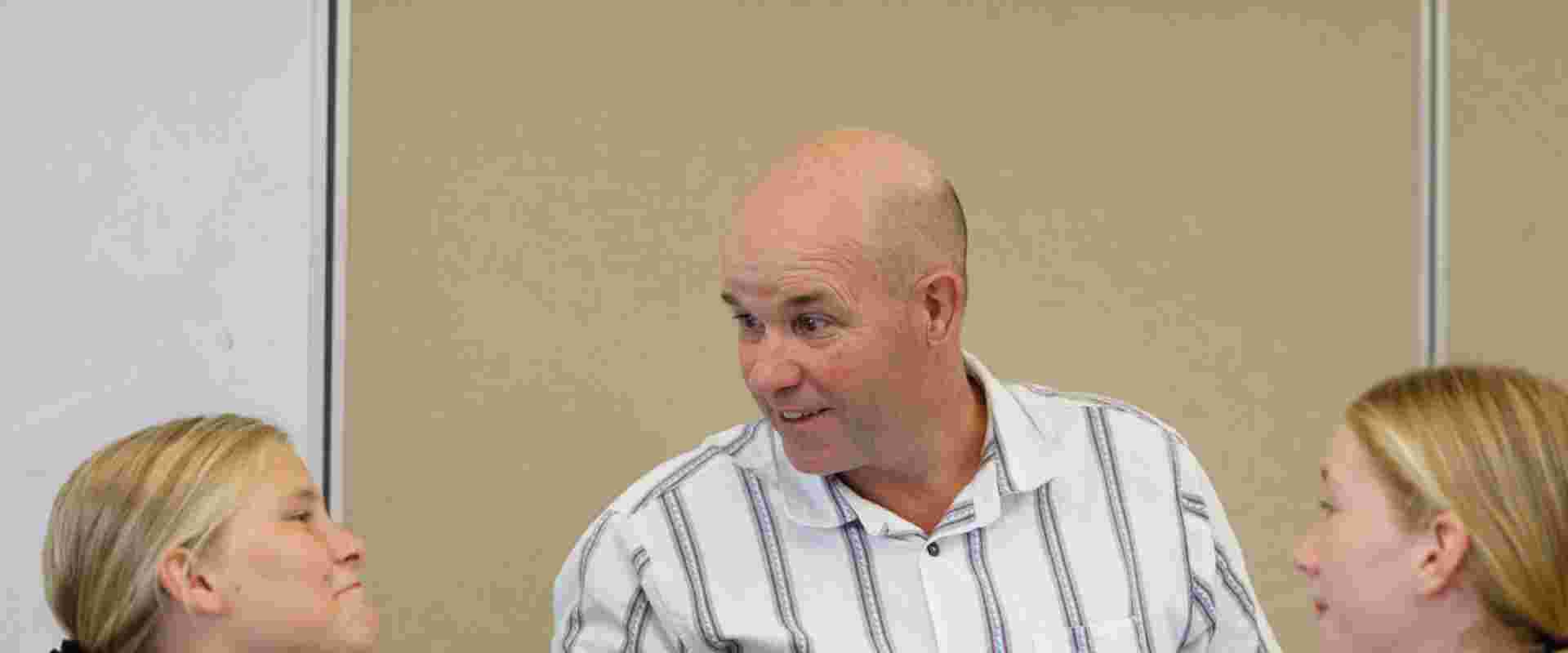Middle School Curriculum
Year 5/6 Curriculum
Year 5/6 students at Newhaven College have interesting academic and practical experiences.
| English | Students learn about language, literature, and literacy. They work on listening, reading, speaking, writing, and creating. Teachers help them develop these skills by building on knowledge from earlier years. |
| Mathematics | The program includes different skills like understanding, problem solving and reasoning. It covers numbers, algebra, measurement, geometry, and statistics. Students who demonstrates high aptitude are selected to be part of the Newhaven College Middle School Extension Program. This is a new initiative to ensure students who consistently show high aptitude remain engaged and are provided with a challenging and stimulating learning environment. |
| Science | The curriculum covers areas including scientific understanding, the nature of science, and scientific inquiry skills. |
| History | In Year 5, students learn about colonial Australia in the 1800s. They study the founding of British colonies and life during that time. In Year 6, they focus on the development of Australia as a nation after 1900. |
| Music | All Year 5/6 students can learn an instrument in small groups. Read more about our Music program. |
| Japanese | Students learn about Japanese culture, basic sentences, vocabulary, and reading hiragana and katakana. |
| Physical Education | The PE program for Years 5 /6 aims to improve skills and engage students in sports. They also take part in interschool competitions. Discover more about our Sport program. |
| Social Emotional Learning Program (SEL Program) | This program focuses on the wellbeing and engagement of Year 5/6 students. It connects them with the wider community. |
Years 7/8 Curriculum
The Year 7/8 curriculum at Newhaven College aims to challenge and engage students. It builds a strong foundation for further study.
| English | Students in Years 7/8 focus on reading, speaking, listening, writing, and reflecting on more complex texts. They spend time on independent reading with support from the school's teacher-librarian |
| Mathematics | In Year 7, students learn about algebra and graphing. In Year 8, they focus on algebraic techniques such as solving equations, simplifying expressions, and probability. |
| Science | Year 7 students learn about the Science laboratory and different branches of Science. They use digital technologies for data collection and analysis. They explore ecosystems, forces, and the Earth, Moon, and Sun. In Year 8, they study cells, energy transfer, rocks, and atomic theory. |
| Humanities | Year 7 students explore ancient civilisations, Australian environments, and global environmental change. Year 8 students focus on geographic features in Europe, the Middle East and Africa. They study history related to the Western and Islamic world, the Asia Pacific, and the connections between them. They also learn about Australian systems of government. |
| Physical Education | Year 7/8 students take part in activities that improve fitness and motor skills. They engage in athletics, minor games, team sports, and more. They also compete against other schools in interschool competitions. |
| Health | Students examine their changing lifestyles in adolescence and how it affects their health. They learn about different relationships between family and friends. They get an understanding of healthy diet and nutrition and issues around drug use. |
| Japanese | In Year 7, students learn new techniques for Japanese language and culture. They learn hiragana, kanji, vocabulary, and expressions. In Year 8, they continue studying hiragana, kanji, and katakana. They explore topics like daily routines, school life, and Japanese cities. |
| Music | Year 7/8 students play in music ensembles using various instruments. They create, explore, and respond to music, learning notation, performance, composition, styles, and instruments. |
| Modules and Electives | Year 7 students have modules in Art, Design Technology, Drama, Food Technology, Multimedia, and Visual Communication Design. Year 8 students have elective options like Art, Computer Aided Design, Drama, Economics and Business, Food Technology, Music Extension, Photography, Textiles, and more. |



